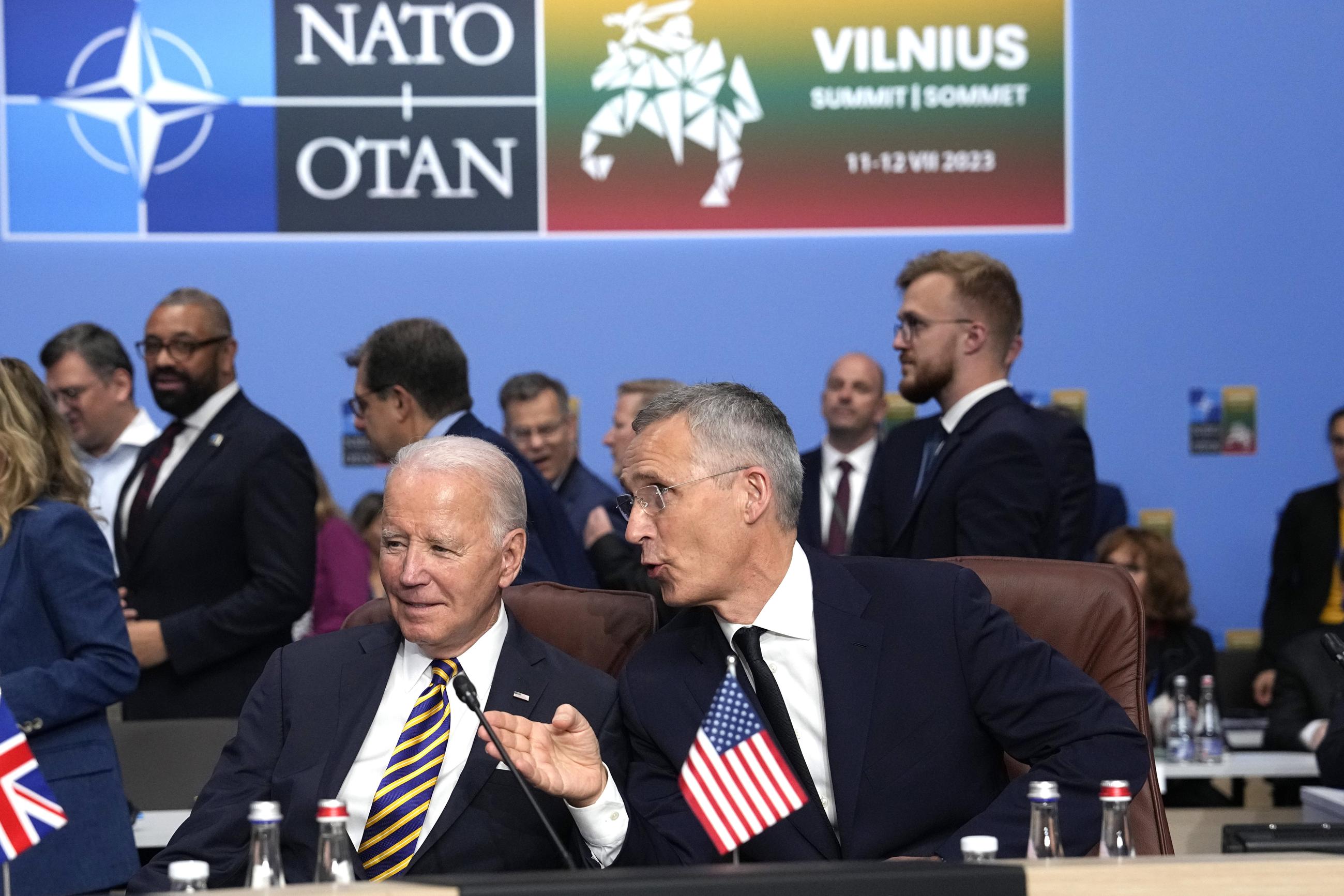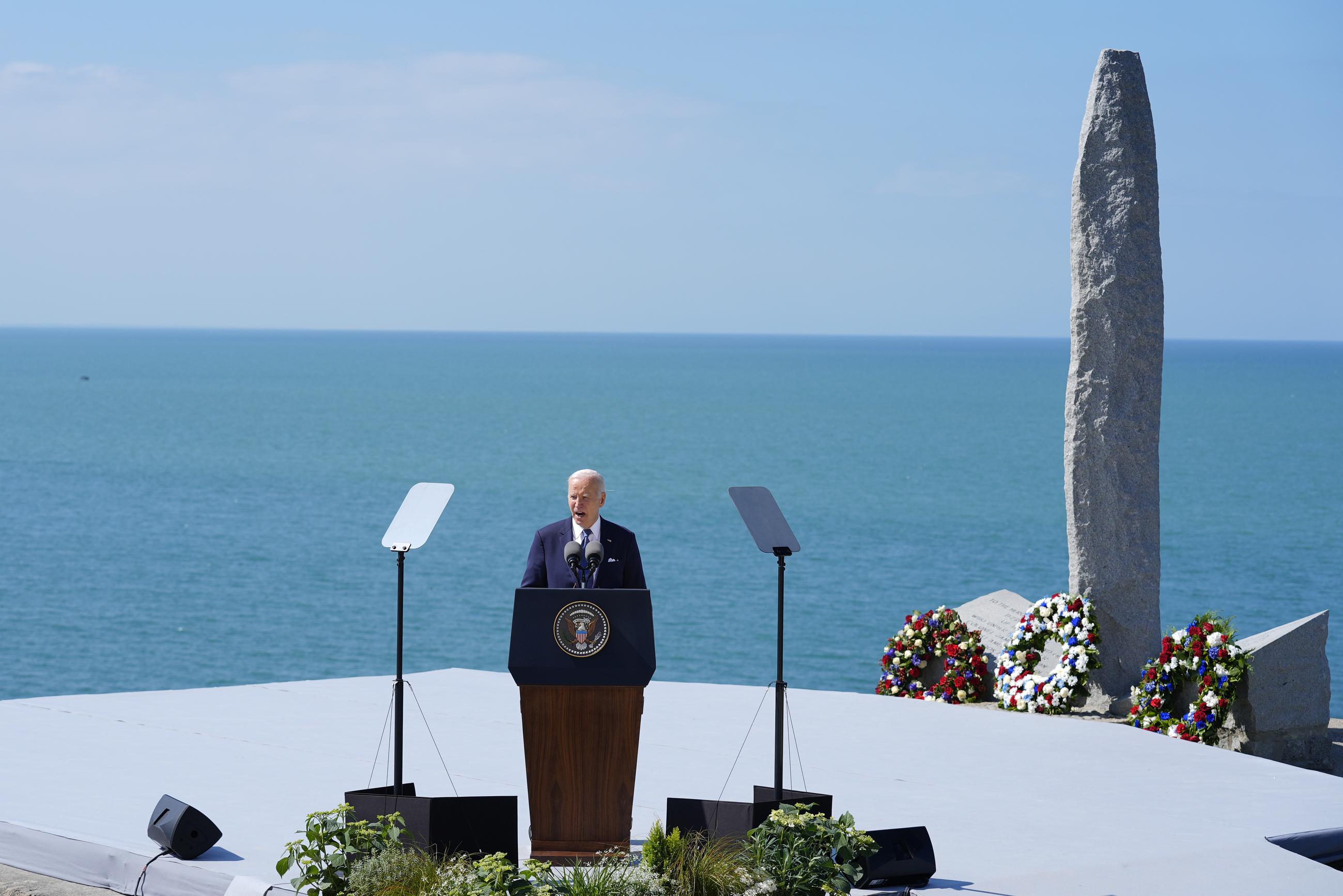The Trump administration has claimed it convinced Russia and Ukraine to enter a limited ceasefire in the Black Sea, a crucial body of water for grain shipping. But almost a week after the announcement, no one seems to know when the ceasefire will begin or how it will be implemented.
The White House announced the Black Sea deal on March 25 after teams from all three countries met in Saudi Arabia. However, Russian and Ukrainian officials did not meet with one another in Riyadh, and the White House issued separate statements based on discussions with officials from Moscow and Kyiv. The statements provided scant details about the next steps for implementation. In a statement, Ukrainian Defense Minister Rustem Umerov noted that “additional technical consultations” would be needed “as soon as possible.” Ukrainian President Volodymyr Zelensky also told reporters he had lingering doubts about how the ceasefire would be carried out.
Then, shortly after the White House’s announcement, the Kremlin issued its own statement laying out new conditions and stressing that it would only agree to the ceasefire if the West lifted sanctions on Russia and allowed it to access the SWIFT international banking system again. The Trump team would need European buy-in to meet those conditions. The SWIFT system is in Belgium, and the European Union quickly shot down the prospect of lifting sanctions unless Russian troops withdraw completely from Ukraine. The sequence of events raised questions about whether the Black Sea deal might already be dead in the water.
“Again, the Kremlin is moving the goal posts and trying to drag this process out as long as possible. We are now very far from what President Trump originally called for: an unconditional ceasefire,” said Doug Klain, a policy analyst at the Washington, D.C.-based organization Razom for Ukraine. “The Russians see that the U.S. is apparently desperate for some kind of a ceasefire, some kind of peace that it can claim as a win, and the Russians are taking advantage of that to drag this out.”
Klain noted that Russia’s strategy of releasing additional demands after Washington and Kyiv both claimed a ceasefire was in place demonstrates that Russian President Vladimir Putin is trying to make Trump look weak.
“Putin is pushing and pushing and staying maximalist in his demands, and he seems to be extracting concession after concession,” Klain said. “He’s doing the art of the deal better than Trump right now.”
Gen. Ben Hodges, a retired U.S. Army officer who served as a commanding officer in Europe, argued that the entire deal was a non-starter because Russia is not a trustworthy negotiating partner.
“It did not materialize because it was a nonsensical agreement. The Russians were never going to live up to anything. There was no positive in it for Ukraine,” Hodges said. “Ukrainians already had defeated the Black Sea fleet. This would have been only positives for the Russian side. In my view, this would have been a symbolic thing perhaps for the [Trump] administration that they got some kind of agreement, but it was without any real value.”
One of Moscow’s goals is to regain a foothold in the lucrative grain-export market. Russia has demanded that the West remove sanctions on companies producing and exporting food and fertilizers. It also wants sanctions lifted on Russian ships that transfer these items across the Black Sea.
The Trump administration, meanwhile, appears open to these demands. The White House statement said Washington "will help restore Russia's access to the world market for agricultural and fertilizer exports, lower maritime insurance costs, and enhance access to ports and payment systems for such transactions.”
Oleksiy Goncharenko, a Ukrainian member of parliament from the city of Odessa, noted that Putin's desire to control Ukraine’s lucrative grain market requires access to the Black Sea. Ukraine currently dominates the waters, including imports and exports. Some Ukrainian officials also noted that Russia has stolen agricultural products from occupied regions of Ukraine, such as Zaporizhia and Kherson, and hopes to make a profit by exporting those through the Black Sea to international markets.
“He needs to add Odessa and southern Ukraine to the areas he controls so he can be the No. 1 player in the food market, just as he’s a very strong player in the energy market,” Goncharenko said.
Meanwhile, many note that a Black Sea ceasefire would also favor Russia militarily. The Ukrainians have used innovations in drone technology to push Russia’s Black Sea Fleet out of Crimea and into the eastern Black Sea. A ceasefire, even a temporary one, could restore maritime access for Moscow.
“It’s also the way to Moldova, to secure his Black Sea fleet. He realized that with the Ukrainian drones, his fleet is very endangered,” Goncharenko added. “Ukraine still controls at least part of the Black Sea shore. It’s very important to him.”
Countries such as Moldova and Romania have also expressed concern over what expanded Russian access to the Black Sea might mean for their security.
Yehor Brailian, an associate professor at the Kyiv Aviation Institute, noted that Ukraine’s armed forces and intelligence services have worked together to destroy “almost half of the Russian Black Sea Fleet during the last three years of the full-scale Russian invasion of Ukraine.” A ceasefire in those waters would allow Moscow to reconstitute.
“Russia is not the big player of the Black Sea region, compared with Turkey, for example,” Brailian said. “At the same time, Russia wants to restore its agricultural trade by sea after cancelling sanctions on several banks. This ceasefire plan, presented by the Trump team, is weak and not strategic.”
Some argue the talks raise significant questions about the Trump team’s negotiating abilities. The fact that the White House issued two separate statements after the talks in Riyadh demonstrates that the administration couldn’t get everyone to agree to similar terms. Ukrainian officials have also expressed concern that the Trump team is rushing the peace process and failing to pressure Moscow.
“All three [announcements] are different. That means there is no agreement reached,” said Volodymyr Omelyan, Ukraine’s former infrastructure minister. “Putin is cheating Trump, and it’s a big question mark whether Trump understands that or not.
“Putin might have another month of negotiations about nothing, and demonstrating zero progress in reality, and then Trump has to do something,” Omelyan added.










